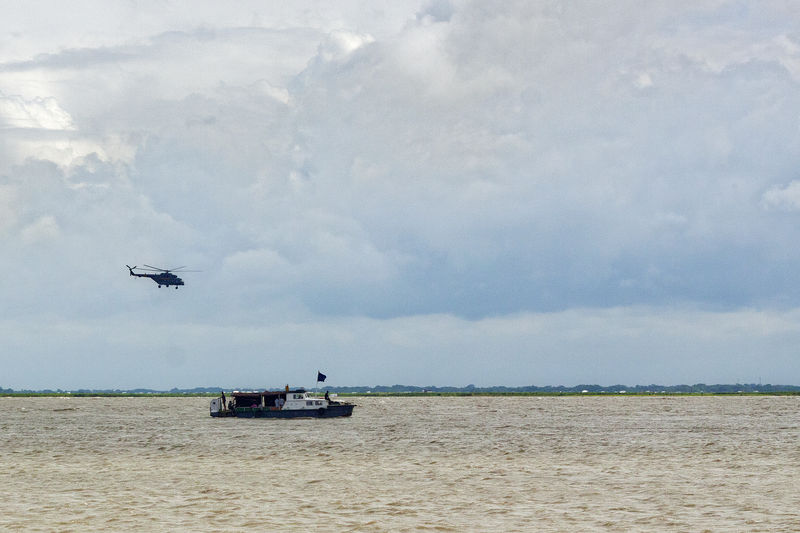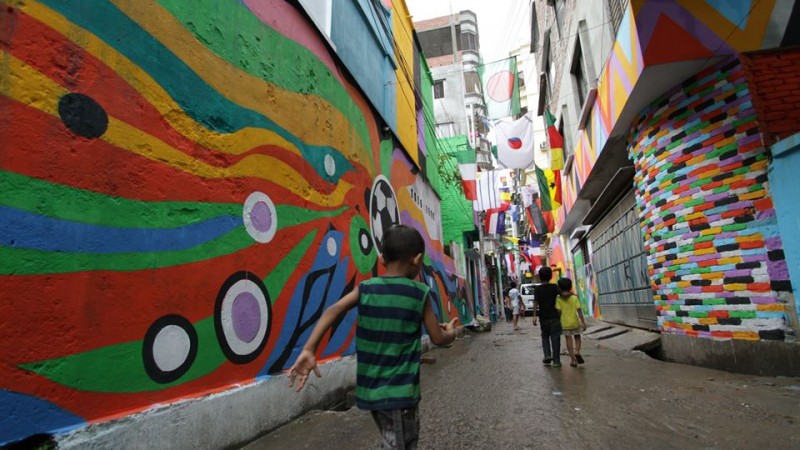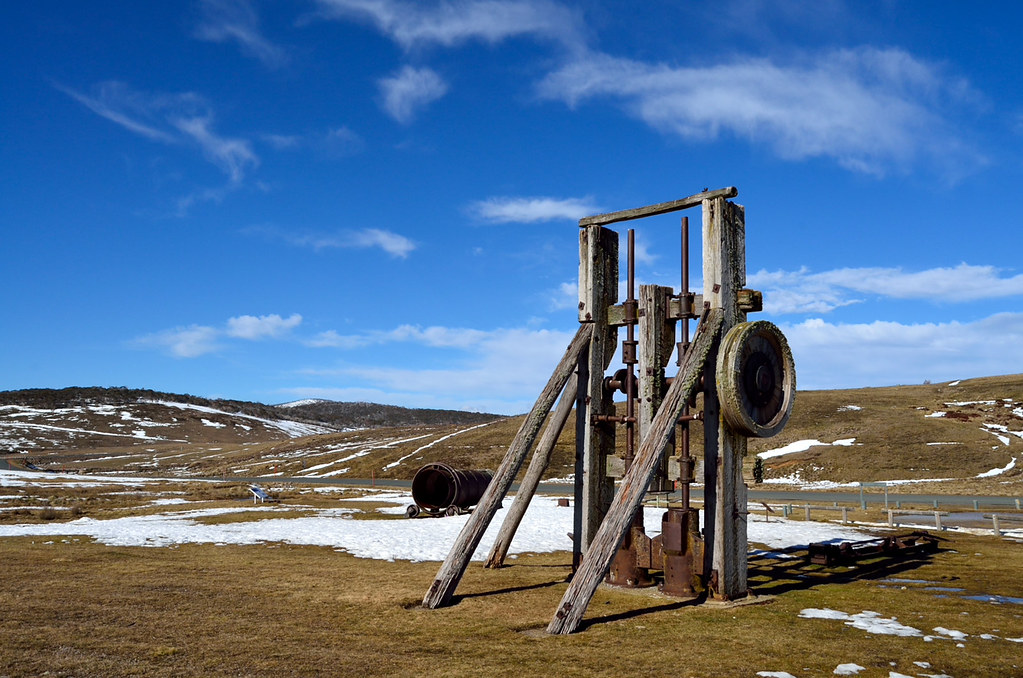While the above is a most common expression, the quality of learning depends on what your source of information is. Diganta of 'India speaks' depicts in his splendid analysis of how history in text books are being manipulated all across the world. A brilliant lie about the independence of Bangladesh is in the Pakistani text books:
After 1965 war India conspired with the Hindus of Bengal and succeeded in spreading hate among the Bengalis about West Pakistan and finally attacked on East Pakistan in December 71, thus causing the breakup of East and West Pakistan.
And don't blame the text books only. Foreign Policy magazine of USA is said to be the premier, award-winning magazine of global politics, economics, and ideas. In a recent article it publishes the following (via The Acorn):
India has a history of interference in the politics of its weaker South Asian neighbors. A rebellion in Pakistan split the country in two in 1971 with a lot of help from Delhi, whose army effectively created Bangladesh. Perhaps a million people died in the bloody ethnic and sectarian cleansing campaigns that followed.
Perhaps the writer Barbara Crosette consulted the Pakistani text books instead of these rich resources.
Diganta asks a valid question:
Better upbringing can definitely lead to a better world. To shape the mind of the children (read people), should we use these hate-materials?
After 1965 war India conspired with the Hindus of Bengal and succeeded in spreading hate among the Bengalis about West Pakistan and finally attacked on East Pakistan in December 71, thus causing the breakup of East and West Pakistan.
And don't blame the text books only. Foreign Policy magazine of USA is said to be the premier, award-winning magazine of global politics, economics, and ideas. In a recent article it publishes the following (via The Acorn):
India has a history of interference in the politics of its weaker South Asian neighbors. A rebellion in Pakistan split the country in two in 1971 with a lot of help from Delhi, whose army effectively created Bangladesh. Perhaps a million people died in the bloody ethnic and sectarian cleansing campaigns that followed.
Perhaps the writer Barbara Crosette consulted the Pakistani text books instead of these rich resources.
Diganta asks a valid question:
Better upbringing can definitely lead to a better world. To shape the mind of the children (read people), should we use these hate-materials?



































